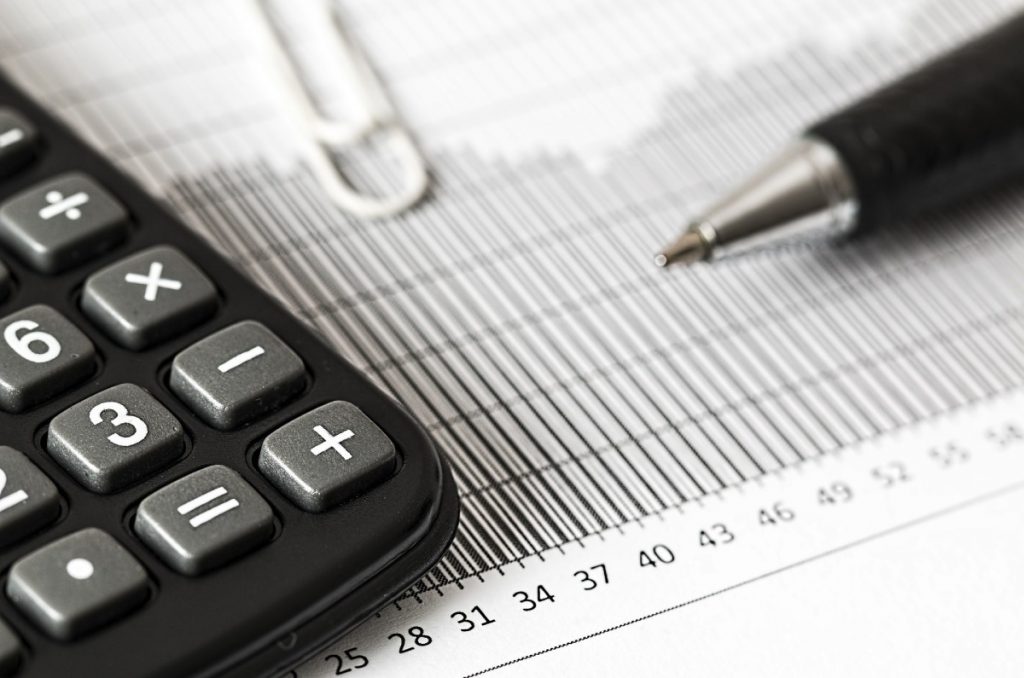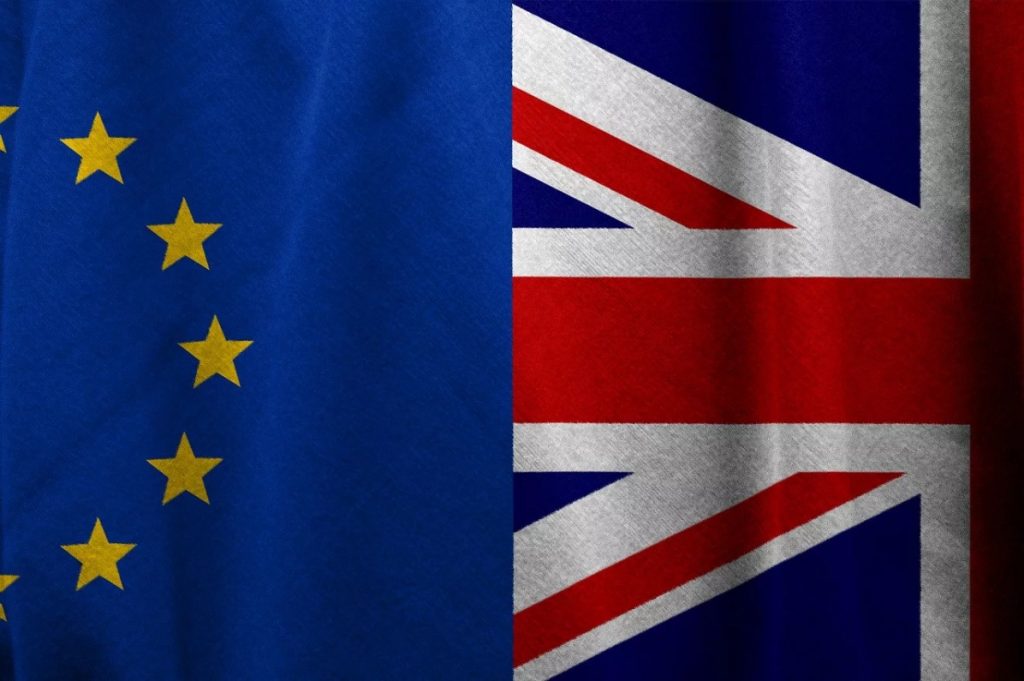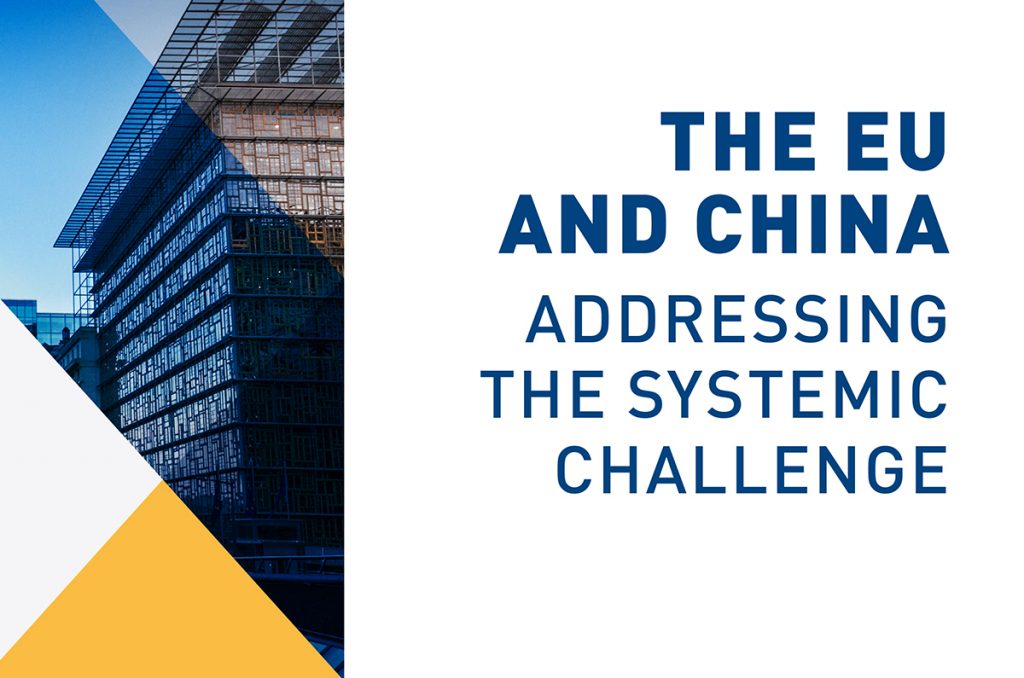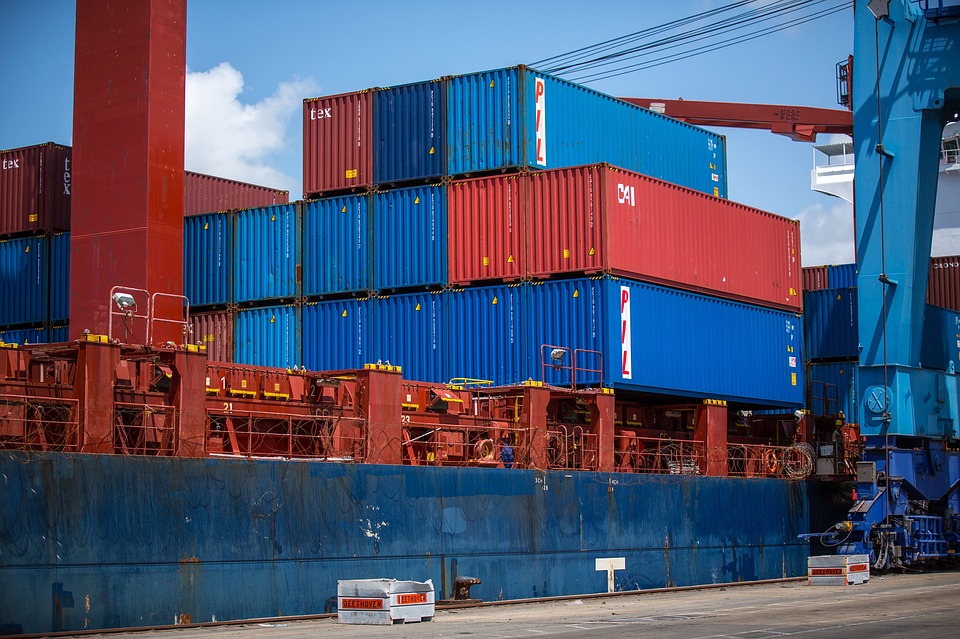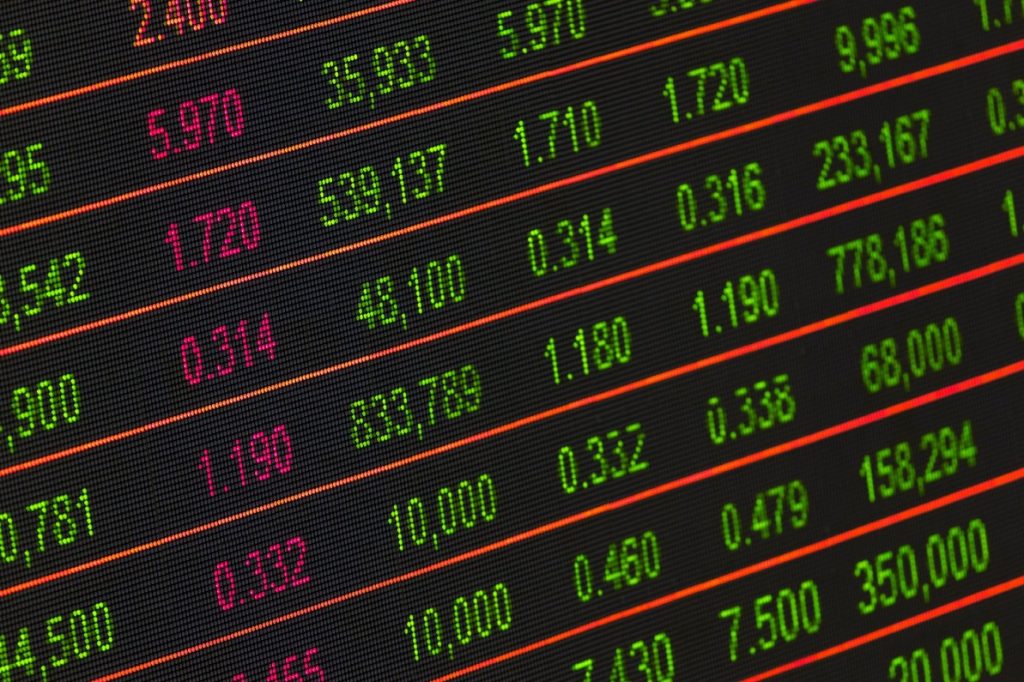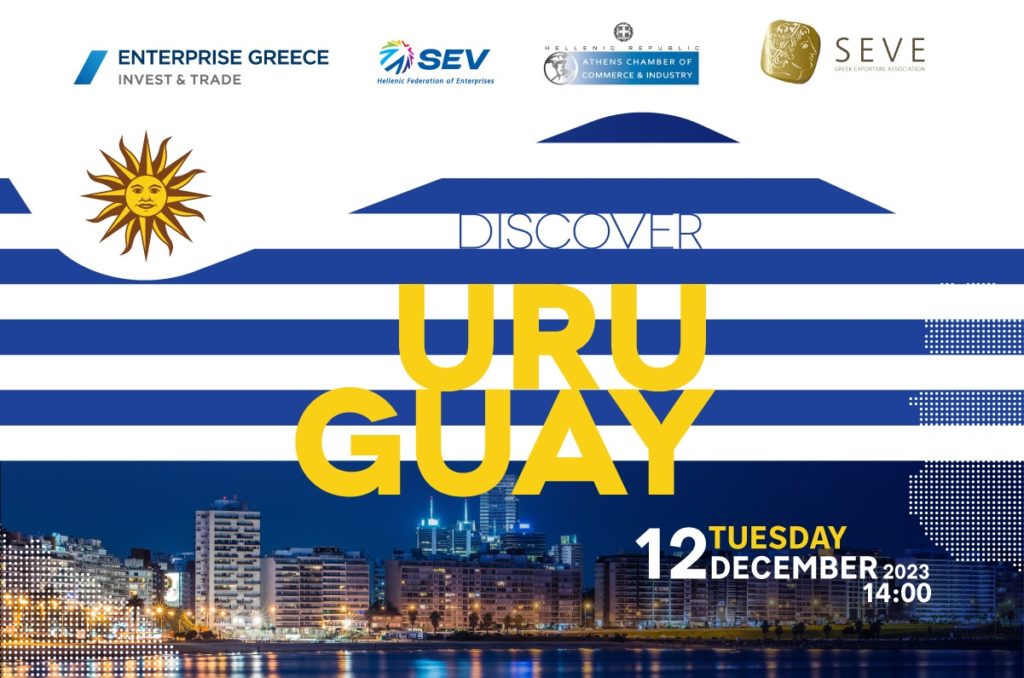Interview of Mr. Vyron Vasileiadis, Founder & Chairman of V Group of Companies to Eleftheria Roma, Senior Advisor, Division of International Relations and Regional Policy of SEV.
E.Roma: Dear Mr. Vasileiadis, V Group, a dynamic Group of Companies, focuses on the areas of Waste Management and Environmental Technologies, highlighting the principles of the circular economy for a sustainable future and aiming for a zero-waste operating model. Would you like to tell us a few words about this extrovert orientation and activity?
Vasileiadis: Our Group is an environmental organization active in the fields of waste collection and management, alternative fuel production, Renewable Energy Sources, green technology and investments. Its activity also extends beyond borders with a presence in Egypt and the Balkans.
Indeed, our Group has fully adopted the business philosophy of zero carbon footprint and emissions, while the principles of circular economy are not just a strategy, but genetic characteristics of our identity. In fact, V Group was the first organization in its field to achieve a carbon footprint balance and receive relevant certifications.
The extroversion in our case is not focused on the classic advertising of our activities, but is based on the essential approach of all interested stakeholders, including local communities in which we operate but also the markets in which the V Group Group expands. For this reason, our Group designs and implements a holistic outreach plan with the aim of creating long-term relationships of trust, with local government bodies, industry bodies, international associations and organizations, academic institutions and environmental organizations. Our outreach strategy is not based on promoting what we do, but on contact and meaningful dialogue, with the sole purpose of mutual benefit.
Roma: V Group and the Suez Canal Authority signed a few months ago an agreement for the collection and management of waste. What does this collaboration entail for you and how do you see it contributing to the further expansion of the group’s business activity in the wider region?
V. Vasileiadis: I feel proud that one of the biggest brands of global shipping, Suez Canal, has chosen a Greek group as a partner and exclusive provider of port reception facilities. During the signing of the contract, we had the honor to do so in the presence of Prime Minister of Egypt and the Ministers of Environment and Petroleum.
The quality of Antipollution’s services (member of V Group), its 75 years of experience and the professional excellence of its executives, were recognized internationally and led to this success. Our sole objective at this time is to immediately start providing services and contribute to the Suez Canal Management Authority’s 2030 Green Canal goals by implementing strict safetyprotocols and international regulations for environmental protection. Antipollution has a lot to offer to the global shipping community and it is certain that it will consistently respond to international invitations.
Roma: You participate in the Business Council of Greece – Saudi Arabia, which was founded in 2022 at the initiative of Hellenic Federation of Enterprises. What is the added value you get from this participation?
V. Vasileiadis: Our participation in the Business Council of Greece – Saudi Arabia is a special honor for our Group and at the same time a large pool of cooperation opportunities. We follow the work of the Council with particular interest and participate in its appropriate actions. At the same time, we receive the essential information that is channeled and we make use of the knowledge that we receive. The contact with Saudi Arabian companies offers us the right to network and also get to know new methodologies, modern applications and innovative practices.
E.Roma: As a member of the Hellenic Federation of Enterprises Extoversion Committee, what are the benefits you get? Which would you say has been the most important so far and how has it helped you?
V. Vasileiadis: The presence of our Group in the Extoversion Committee is extremely important, as it constantly supplies us with valuable information about foreign markets. At the same time, the Committee’s work forms the basis for the dialogue with foreign companies and at the same time a matrix of opportunities for penetration into countries outside of Greece. In addition, the organized action program of the Commission offers the possibility of planning approach and contact with international stakeholders. The most important benefit we have obtained is the continuous supply of the Business Development department of our Group with timely information about the countries that interest us.
E.Roma: Do you think that ESG principles are a priority in business planning? What is your feeling about Greek businesses and what initiatives has V Group taken in this direction?
V. Vasileiadis: ESG principles underwrite each of our projects and are the denominator of each of our activities. Our entry months ago into the Sustainable Development Council was the recognition of the above but also an additional promise we made to do even more in this area. For this reason, we have established an autonomous, dynamic ESG department, signed memorandums of cooperation with leading ESG partners, design and submit an annual sustainability report, actively participate in actions, invest in knowledge, sponsor initiatives and continuously train our staff.
E.Roma: Mr. Vasileiadis, thank you very much for your time and for your interesting answers. We wish V Group even more success.
